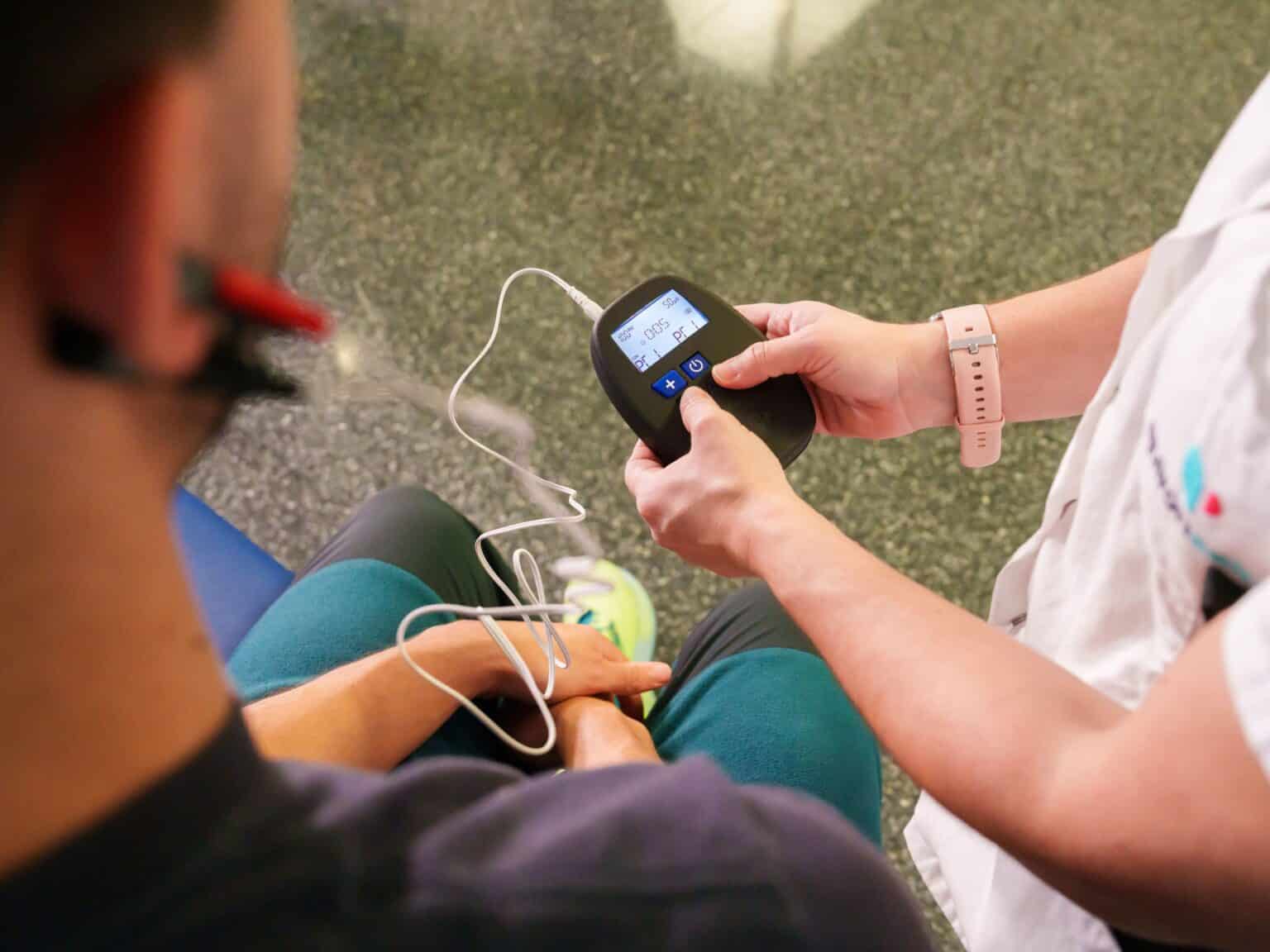Sure! Here’s the translation to American English:
—
At Quirónsalud Bizkaia Hospital, significant advances are being made in neurological rehabilitation thanks to innovative neuromodulation techniques. Physical therapist Sara García Delgado, who leads the Robotic Neurorehabilitation Unit, has highlighted the importance of vagus nerve neuromodulation in patients who have suffered a stroke or neurological injuries that limit their mobility. This technique could enhance the brain’s ability to relearn movements, which is essential for recovery.
The vagus nerve is the longest nerve in the human body and connects the brain to various vital organs, playing a crucial role in functions such as breathing and heart rate. Recent research suggests that stimulating this nerve can facilitate recovery of the nervous system after brain injury, promoting a phenomenon known as neuroplasticity. This term refers to the brain’s ability to reorganize its neural connections and regain lost functions.
The hospital has integrated a specialized device that enables vagus nerve neuromodulation through gentle electrical stimulation of one of its branches. This procedure is performed prior to physical therapy sessions to create a conducive environment for motor learning and functional recovery. Specialists in the unit also use robotic neurorehabilitation techniques during treatment.
Neuromodulation is applied to patients who have experienced strokes, acquired brain injuries, spinal cord injuries, and neurodegenerative diseases such as Parkinson’s, multiple sclerosis, and amyotrophic lateral sclerosis (ALS). It is also beneficial in cases of trauma and postoperative sequelae that affect motor function.
García Delgado states that the combination of this technique with robotic technology represents a significant advancement in the field of neurorehabilitation. “Technology allows us to explore new possibilities to improve functional recovery and the autonomy of individuals with neurological damage. Today, we know that the brain can continue to learn, which opens doors to regaining movement and enhancing quality of life,” she concludes.
—
Let me know if you need anything else!
Referrer: MiMub in Spanish










